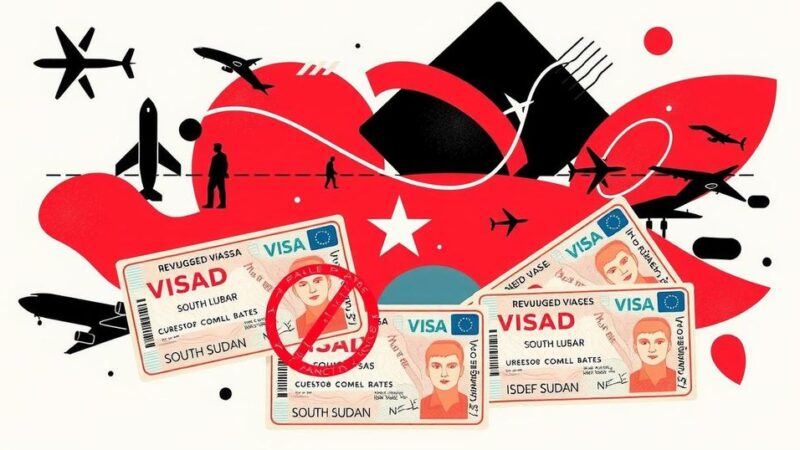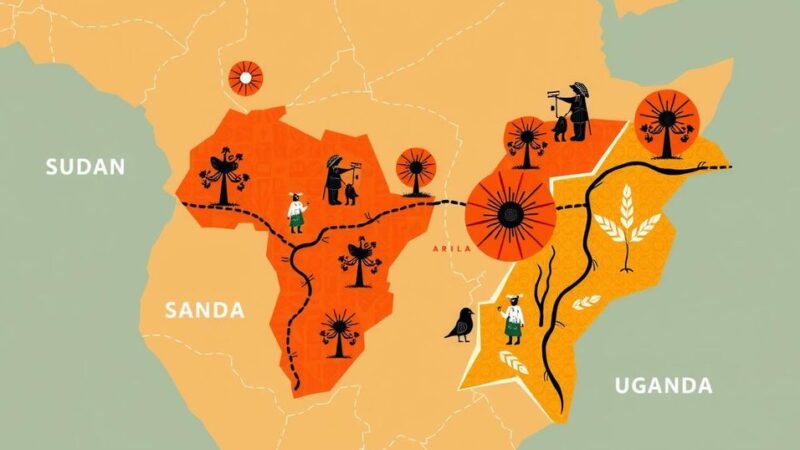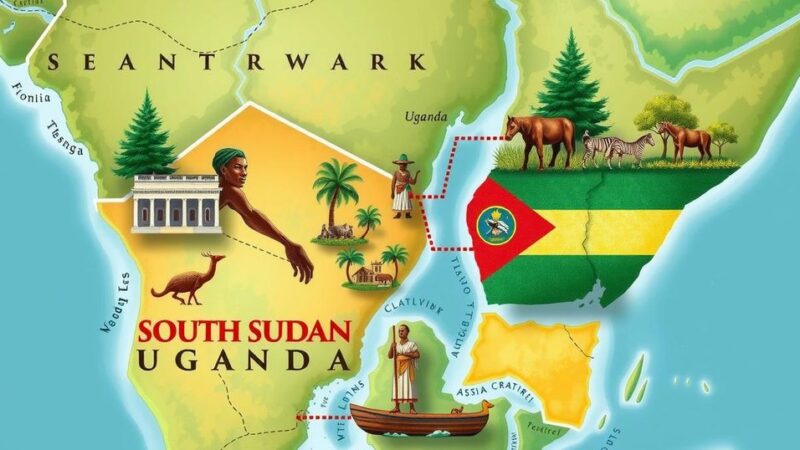This article explores the challenges faced by Syria’s new leadership following decades of Assadist rule. It discusses the skepticism within various factions, the implications of external influences from Israel and Iran, and the need for inclusive governance. The recent UNSC condemnation of violence and the proposed constitutional draft also reflect the complexities in Syria’s political landscape.
The recent developments in Syria, marking a shift from 54 years of Assadist governance, face significant challenges. The new leadership in Damascus acknowledges the presence of former regime remnants that benefited from past transgressions without necessarily participating in them. However, skepticism exists among certain factions regarding the feasibility of coexistence with the ideology of the new authorities, especially in light of the sectarian violence witnessed over the past 14 years.
Despite enjoying some degree of regional and international support, the current interim authorities lack a mandate to act unilaterally. Their actions are closely monitored by global actors, revealing a tension between local confidence and international scrutiny. Notably, the rapid establishment of an understanding between the new Damascus government and the Kurdish-led Syrian Democratic Forces (SDF) suggests Washington’s support for the new authority, despite underlying concerns about a separatist Kurdish insurgency.
The Druze community in southern Syria remains significant, yet their response to external pressures, such as Israel’s recent support initiatives, may complicate local dynamics. Observers note that while the Druze seem to seek arrangements with Damascus for unity, Israeli interventions cast doubt on the potential for successful settlements. This situation is further complicated by Israel’s financial commitment purportedly aimed at influencing Druze leadership decisions.
Shifting focus to the coastal regions, the predominance of Alawites in rural Latakia and Tartus coincides with Iranian-backed militia operations aimed at undermining the new authorities. This highlights a potentially miscalculated stance by Tehran regarding their influence over Damascus amidst changing international relations, particularly with the U.S. and Israel favoring a reduction in Iranian presence in Syria.
Additionally, the recent UNSC response to violence in the coastal regions underscores the international community’s call for protection of all Syrian civilians, while also pressing for accountability of those involved in the violence. Controversy surrounds the newly announced constitutional draft in Damascus, particularly regarding the concentration of power and its implications for future governance. Calls for enhanced political representation and inclusion of all communities are critical to fostering unity in Syria’s diverse landscape.
In conclusion, Syria stands at a critical juncture with new leadership navigating a complex web of domestic and international pressures. The need for inclusive governance that respects all communities while addressing external influences and internal sectarian challenges is paramount. The evolving dynamics, especially concerning Kurdish and Druze communities, alongside the potential threats from Iranian-backed militias, highlight the delicate balance Syria must maintain to ensure peace and stability moving forward.
Original Source: www.arabnews.com






